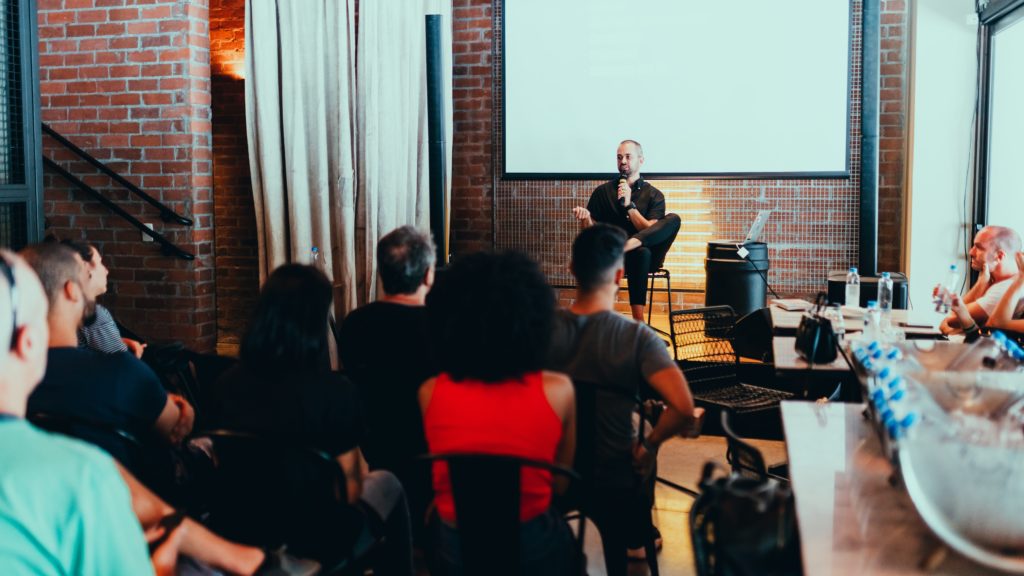
TOLI has organized yearly Holocaust and human rights education seminars for teachers in Greece since 2017, in partnership with the Jewish Museum of Greece and held under the auspices of the Ministry of Education in Greece.
Every year, the seminar gathers between 30 and 40 teachers committed to teaching about the Holocaust and human rights. The teachers are engaged in a learning process that starts with unpacking identities and understanding the devastating role that stereotypes and prejudices played and continue to play in our lives. Historical presentations about the Jewish presence in the Greek geographical area throughout the centuries, the Holocaust in Europe, and specifically the Holocaust in Greece, offer an important foundation from which to further analyze the causes and consequences of atrocity.
Participants hear survivor testimonies, both live and recorded, and reflect upon the roles people took during the Holocaust as upstanders, bystanders, collaborators, and on the motivations behind those choices. A highlight of the seminar is the guided tour of the Jewish Museum of Greece, where participants learn about the Jewish presence in this part of the world. During the seminar, participants work together to learn about and develop new methods of teaching about the Holocaust, including the use of testimony and the wider framework of human rights education.
They leave with a concrete action plan for putting what they have learned into practice and are connected to a network through which they can share information about relevant resources and support for initiatives on teaching about the Holocaust, human rights, and social justice.
The seminar in Greece incorporates a methodology designed to ensure the basic principles of active participation and holistic learning. The methodology is learner-centered, based on the principles of experiential learning and a human rights-based approach to education. The seminar offers a balanced approach between cognitive and emotional elements and time for reflection; between the information about the horrors of the Holocaust and about the life of Jewish people before and after, for a more complex narrative; between reflection and action, recognizing that learning is not enough, and that acting upon what we learned is the key to social change.
Impact Grants
Graduates of the seminar have the opportunity to apply for a impact grant to support a project related to Holocaust education and social justice. The grant consists of financial support and continuous mentorship throughout the school year. Every year, about 10 educators from Greece use a impact grant to implement local projects with their students.
